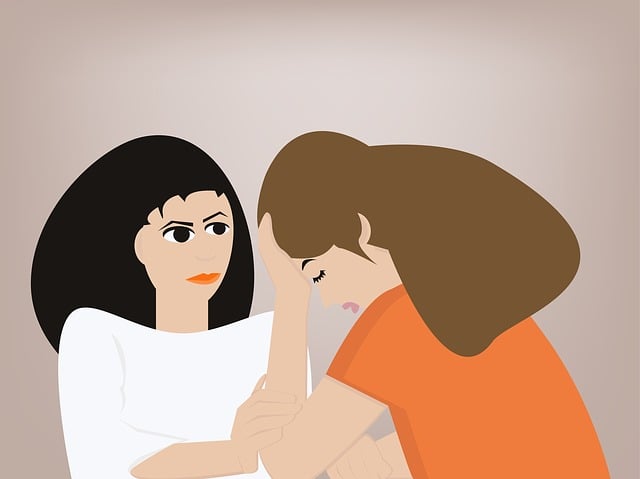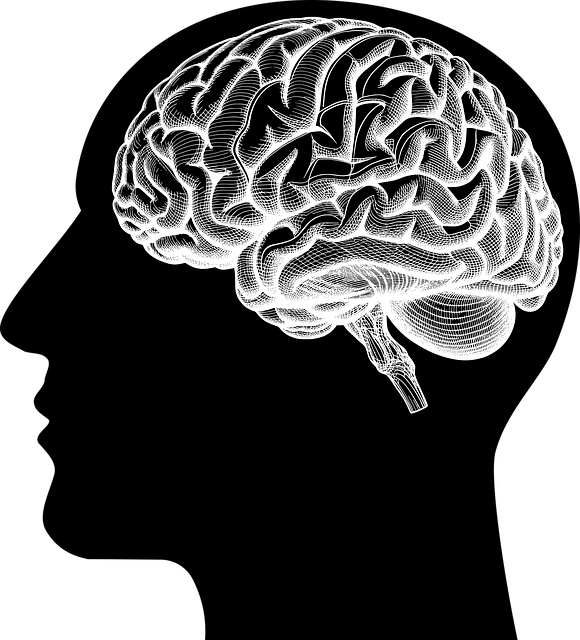Exposure and Response Prevention (ERP) therapy is an evidence-based approach, effective for treating adolescent anxiety disorders by gradually exposing them to fears in a safe space. This method, coupled with empathy, mood management techniques, social skills training, and strong support systems, fosters self-compassion, resilience, and overall mental wellness. For the Mental Wellness Podcast Series, focusing on ERP can significantly contribute to stigma reduction efforts among adolescents, empowering them to manage anxiety and embrace life's challenges with newfound confidence.
Anxiety is a common challenge among adolescents, but effective management techniques can empower them to lead fulfilling lives. This article explores powerful strategies, focusing on Exposure and Response Prevention (ERP) therapy, known for its success in treating anxiety disorders. We delve into practical daily coping mechanisms and emphasize the significance of support systems in teen anxiety treatment. By understanding ERP and implementing these strategies, parents and teens can navigate anxiety with greater confidence and resilience.
- Understanding Exposure and Response Prevention (ERP) Therapy for Adolescents
- Practical Strategies for Daily Anxiety Management
- The Role of Support Systems in Teen Anxiety Treatment
Understanding Exposure and Response Prevention (ERP) Therapy for Adolescents

Exposure and Response Prevention (ERP) Therapy is a highly effective treatment approach for adolescents struggling with anxiety disorders. This evidence-based method helps teens confront their fears in a safe, controlled environment, gradually reducing their anxiety over time. By facing triggers without engaging in avoidance behaviors or using safety routines, ERP empowers young individuals to manage their anxiety and gain a sense of control.
For the Mental Wellness Podcast Series Production aiming at Mental Illness Stigma Reduction Efforts, ERP can be particularly valuable. Through empathy-building strategies incorporated into therapy sessions, adolescents learn to understand that their fears are common and manageable, fostering self-compassion and resilience. This approach not only assists in anxiety management but also promotes overall mental wellness, encouraging teens to embrace challenges and navigate life’s complexities with newfound confidence.
Practical Strategies for Daily Anxiety Management

Managing anxiety daily is a crucial aspect of improving overall well-being, especially for adolescent teens navigating their emotional landscape. Practical strategies can empower individuals to take control and reduce anxiety’s impact on their lives. One effective approach is Exposure and Response Prevention (ERP) therapy, which involves gradually exposing oneself to feared situations and preventing habitual avoidance or safety behaviours. This process helps individuals confront their anxieties in a safe environment, reducing the power they hold over daily life.
Incorporating mood management techniques, social skills training, and communication strategies can further enhance anxiety control. Adolescents can learn to identify and challenge negative thought patterns, replace them with more realistic perspectives, and develop coping mechanisms tailored to their unique experiences. These tools enable teens to effectively communicate their feelings, navigate social interactions with confidence, and maintain a sense of calm during anxious moments.
The Role of Support Systems in Teen Anxiety Treatment

Support systems play a pivotal role in anxiety management for adolescent teens. Family, friends, and peers can significantly impact a teen’s emotional well-being, offering both encouragement and coping strategies during therapy sessions such as Exposure and Response Prevention (ERP). The presence of a strong support network enhances the effectiveness of ERP by providing a safe space for teens to confront their fears and practice new coping mechanisms.
Mental health professionals must also prioritize building supportive relationships with young clients, conducting thorough risk assessments to ensure the safety and well-being of both the teen and those around them. By fostering open communication and integrating emotional well-being promotion techniques into therapy, professionals can empower adolescents to manage their anxiety in a holistic manner, enhancing their mental health awareness and overall resilience.
Anxiety management is a journey that can greatly benefit from evidence-based practices like Exposure and Response Prevention (ERP) therapy, which has proven effective in treating adolescent teens’ anxiety. Combining this with practical daily strategies and robust support systems offers a comprehensive approach to managing anxiety. By understanding and utilizing these techniques, parents, caregivers, and adolescents themselves can navigate and overcome anxiety, fostering a healthier and more resilient mindset for the future.










